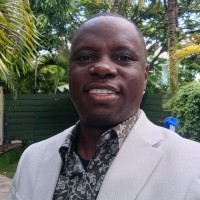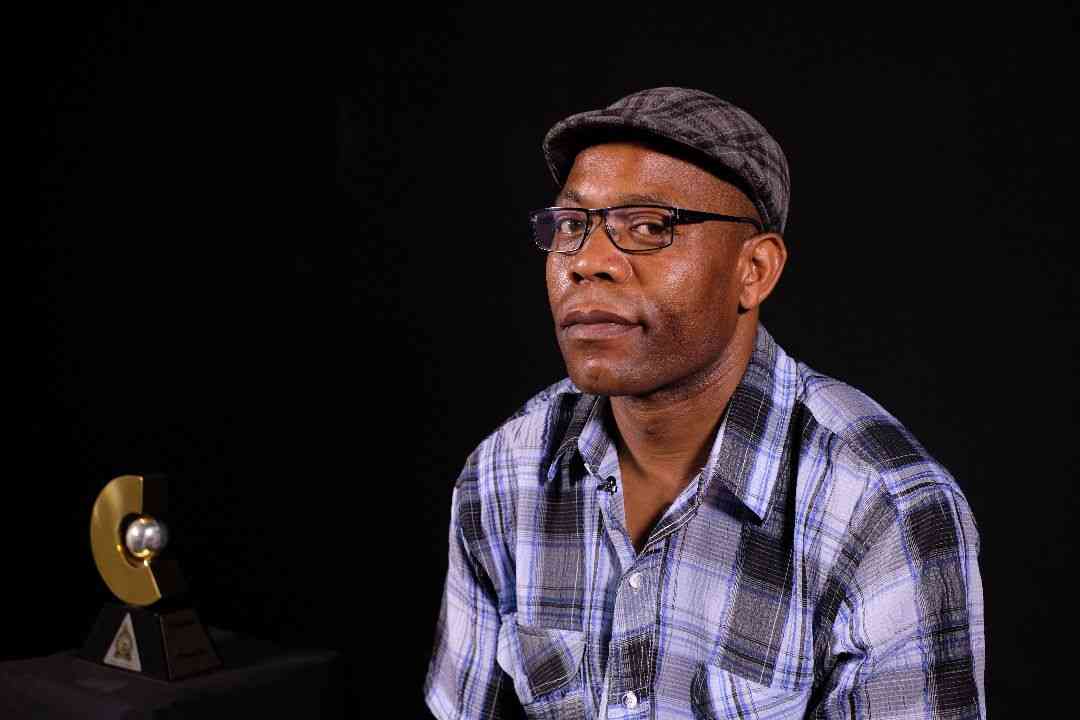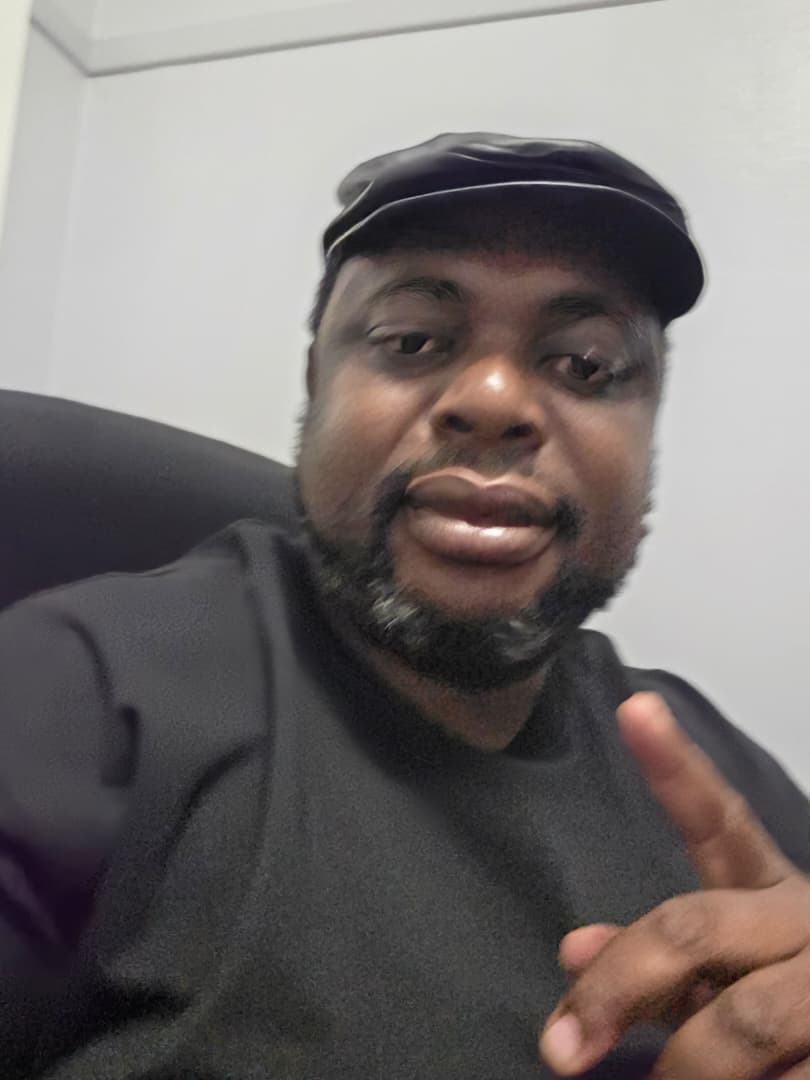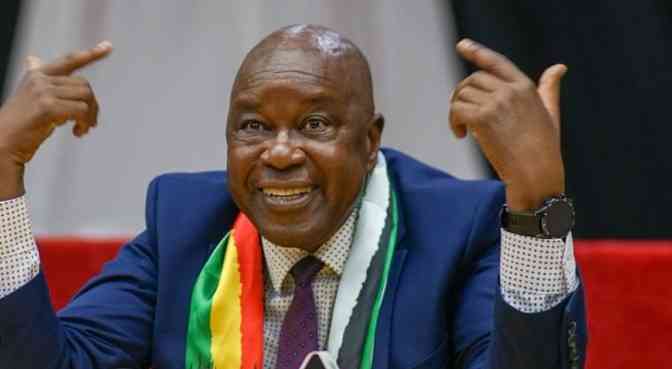
Zimbabwean science takes a giant leap forward with the pioneering work of Frank Chingarandi, a space physicist whose research is unveiling vital knowledge about space weather and its implications for the future.
His research focuses on the variability of the solar cycle and impacts of space weather on our geospace.
Chingarandi earned his PhD in Space Geophysics from Brazil’s premier space science institution, Instituto Nacional de Pesquisas Espaciais (INPE) where he is a postdoctoral researcher in the Heliophysics, Planetary Sciences and Aeronomy Division.
His ground-breaking research brought new insights into atmospheric science integrating NASA satellites and ground-based instruments to trace solar particles from the Sun to Earth’s upper atmosphere.
He became the first to report periodic structures in the ionosphere, “Assessing the Effects of a Minor CIR‐HSS Geomagnetic Storm on the Brazilian Low‐Latitude Ionosphere: Ground and Space‐Based Observations” published in the prestigious Space Weather journal of the American Geophysical Union.
Why should Zimbabweans care about space weather?
Space weather refers to the conditions in the sun and interplanetary space that have an adverse effect on space and ground infrastructure such as communication systems, satellite navigation, power grids among others.
In light of this, Zimbabweans were among the fastest, early adopters of the Starlink internet service provided by Space Exploration Technologies (SpaceX).
- ‘Disunity not helping African tourism’
- Business opinion: Portfolio brand management
- Will Smith resigns from the Academy
- Burna Boy, Jah Prayzah rock Harare
Keep Reading
The technology utilizes a constellation of satellites in very Earth orbit (VLEO) to transmit signals to the user which means blazing fast internet.
The service is accessible in any part of the globe unlike conventional methods. However it is not without its flaws, in fact while many in Zimbabwe were signing up for this new service. In February 2022 Starlink lost 38 of its 49 satellites shortly after the launch due to a geomagnetic storm. This storm happened during solar minimum, when geomagnetic activity is calm.
A storm of greater magnitude can have more severe consequences that incapacitate the operation of satellites which would lead to internet outages for users.
Zimbabwe’s agro-based economy increasingly relies on satellite-enabled tools for weather forecasting and precision farming.
Disruptions from solar storms can directly affect the livelihoods of millions. In response to this, Zimbabwe also launched the ZimSat-1, Zimbabwe's first earth-observation CubeSat, to monitor environment, drought prevention, mining and exploration among others.
This underpins the importance of space utilisation and its impact on us as a society.
Scientists like Chingarandi play an important role by contributing to our knowledge of the harsh conditions in space geospace and how to mitigate them.
Chingarandi emphasises that understanding space weather isn’t a luxury—it’s a national imperative.
“Our farmers, our mineshafts, our internet, and even disaster alerts could all be disrupted by solar activity. We must invest in monitoring and preparedness,” he says.
Chingarandi is a Zimbabwean space physicist whose ground-breaking research—on ionospheric periodic structures using multi-scale, multi-instrumentation methods—places him among a select few Africans leading space weather science.
He holds a Bachelor’s degree in applied Physics from the National University of Science and Technology. ST (Zimbabwe). He then did his Master’s in Physics and Aeronomy at the Universidade Federal de Campina Grande in Paraiba, Brazil.
He then got his doctorate degree in Space Geophysics from the Instituto Nacional de Pesquisas Espaciais (INPE) in Sao Paulo, Brazil, making him not only the first Zimbabwean to graduate from both institutions but one of the few who are working in the field of Aeronomy and space weather.
He is currently a postdoctoral researcher at INPE in Brazil, he continues to build knowledge that protects satellite systems. His interests are data science and business. You can connect with him on LinkedIn and his X page.











